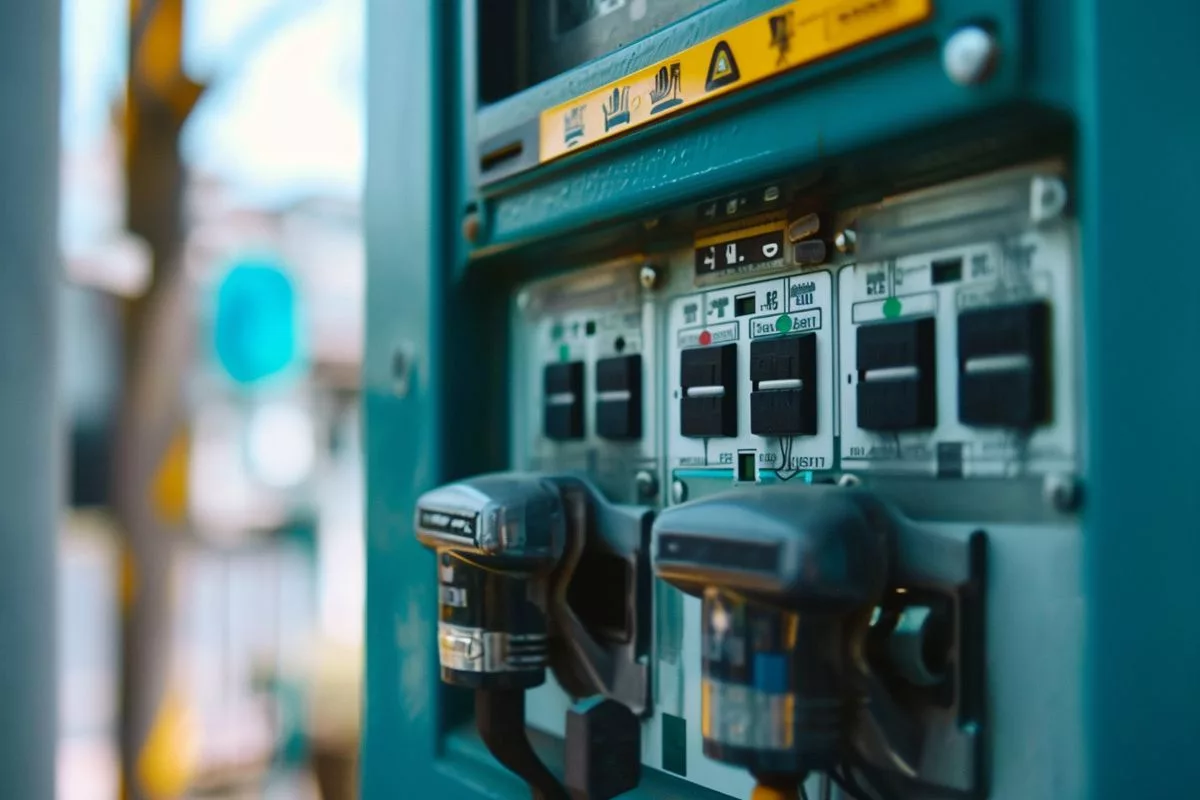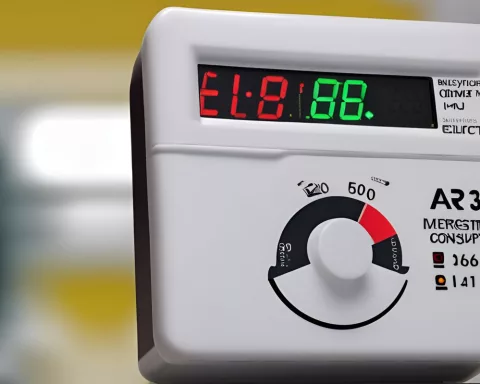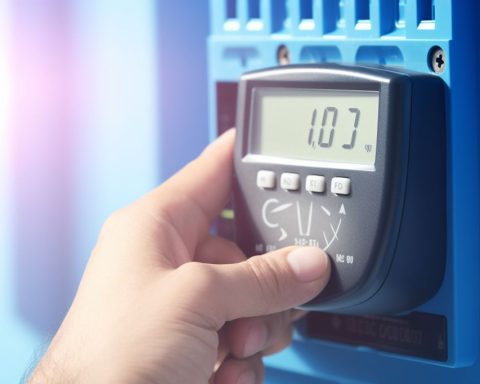South Africa is upgrading its prepaid metering software to efficiently manage power. The upgrade process involves distributing codes to customers which act as the gateway to upgrading their meters. The city has taken proactive steps to provide support for anyone needing assistance during the upgrade and has disseminated a step-by-step guide on how to input the update codes. The upgrade process is nearing completion, and by the end of the year, it is projected that all or at least a significant majority of prepaid meters across South Africa will have been modernized.
How is South Africa streamlining power management with prepaid metering software?
South Africa is upgrading its prepaid metering software to streamline power management. The upgrade process involves distributing two 20-digit codes to customers, which act as the gateway to upgrading their meters. Proactive steps have been taken to provide support for anyone needing assistance during this upgrade, and the city has disseminated a step-by-step guide on how to input the update codes. The upgrade process is nearing completion, and by the end of the year, it is projected that all or at least a significant majority of prepaid meters across South Africa will have been modernized.
The Drive for Efficiency in Power Management
In a bid to streamline power management, South Africa is actively upgrading its prepaid metering software. This comprehensive project carries the risk of leaving consumers powerless if not carried out on schedule, as it could interrupt the ability to recharge meters and subsequently disrupt power supply. Cape Town is at the forefront of this movement and has successfully updated a large number of its prepaid electricity meters.
The colossal task of software enhancement is nearing completion. By the close of the year, it is projected that all or at least a significant majority of prepaid meters across South Africa will have been modernized. A jaw-dropping 95% of prepaid meters have already been upgraded, equivalent to about 619,000 meters spread across different regions.
The city has taken proactive steps to provide support for anyone needing assistance during this upgrade. City teams are at the ready to ensure the upgrade process is manageable for the residents. These teams have been equipped to confirm identification and work order numbers, offering a dependable and secure source of help.
The Upgrade Process: Empowering Customers and Offering Assistance
A crucial aspect of this electricity meter software revamp is the distribution of two 20-digit codes to customers. These codes act as the gateway to upgrading their meters. The procedure is straightforward – customers receive these codes together with their usual prepaid token during a purchase.
Interestingly, the city permits a certain level of independence in this respect; customers are free to upgrade their meters on their own. For those needing help, the city teams are prepared to step in. The city even encourages residents to lend a hand to their family members, especially the elderly and those with disabilities.
The city’s Mayoral Committee Member for Energy, Councillor Beverley van Reenen, has stressed the significance of residents’ participation in the upgrade process. The city has strategized a plan to reinspect areas where meters have not been updated yet, with this clean-up operation scheduled for early 2024.
To facilitate this significant initiative for the customers, the city has disseminated a step-by-step guide on how to input the update codes. Customers who are uneasy about the process can conveniently contact the city’s call center for verification or aid.
Maintaining Power Usage and Preparing for the Future
The imposing task of software updating does not impact a user’s electricity consumption. The meter’s calibration remains unaltered, ensuring that electricity usage readings remain accurate. What’s more, existing power units of a customer are not disturbed by the upgrade.
In an ongoing effort, newly installed meters will be upgraded, but the immediate concentration is on modernizing the older meters. Notably, compliant-ready new meters are already in the city’s inventory, and some field staff are updating meters on the spot during meter replacement or site surveys.
Commitment toward Smooth Transition and Service Continuity
This modernization undertaking is a declaration of the city’s pledge to its inhabitants, guaranteeing the smooth functioning of an essential service. The staggered method has facilitated a more coordinated execution of the software upgrade, minimizing possible disruptions to the power supply. The city’s call center, with its devoted team ready to answer inquiries and address concerns, undoubtedly plays a vital role during this significant shift.
The massive task of updating South Africa’s prepaid electricity meter software has been handled efficiently due to the structured and phased approach. The city’s dedication to this project and the assistance provided to the residents is highly commendable. With a majority of the meters already updated, South Africa is rapidly inching toward completing this crucial overhaul, thus setting a benchmark for other regions to emulate.
What is the risk of the prepaid metering software upgrade project in South Africa?
The prepaid metering software upgrade project in South Africa carries the risk of leaving consumers powerless if not carried out on schedule, which could cause interruptions in the ability to recharge meters and subsequently disrupt power supply.
How many prepaid meters have been upgraded in South Africa so far?
A jaw-dropping 95% of prepaid meters have already been upgraded in South Africa, equivalent to about 619,000 meters spread across different regions.
Can customers upgrade their prepaid meters on their own?
Yes, customers in South Africa are permitted to upgrade their prepaid meters on their own, but the city teams are prepared to assist those needing help. The city even encourages residents to lend a hand to their family members, especially the elderly and those with disabilities.
Will the electricity consumption of users be impacted by the software upgrade?
No, the electricity consumption of users will not be impacted by the software upgrade. The meter’s calibration remains unaltered, ensuring that electricity usage readings remain accurate. Existing power units of a customer are also not disturbed by the upgrade.
What is the city doing to provide support for anyone needing assistance during the upgrade?
The city has taken proactive steps to provide support for anyone needing assistance during the upgrade. City teams are at the ready to ensure the upgrade process is manageable for residents. These teams have been equipped to confirm identification and work order numbers, offering a dependable and secure source of help. The city has also disseminated a step-by-step guide on how to input the update codes and provided a call center for verification or aid.
What is the significance of South Africa’s prepaid electricity meter upgrade project?
South Africa’s prepaid electricity meter upgrade project is a declaration of the city’s pledge to its inhabitants, guaranteeing the smooth functioning of an essential service. The project has been handled efficiently due to the structured and phased approach, minimizing possible disruptions to the power supply. The city’s dedication to this project and the assistance provided to the residents is highly commendable.












